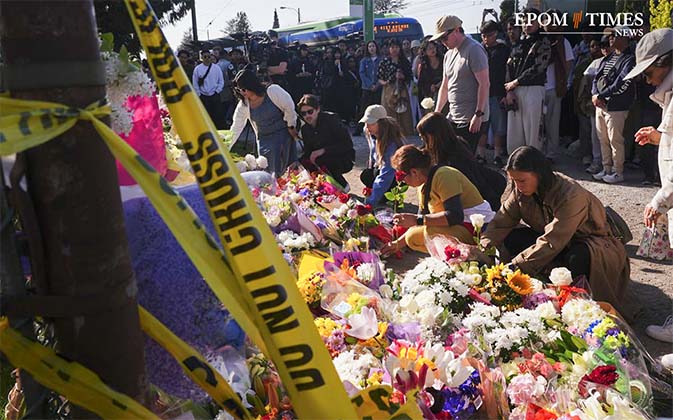The man accused of killing 11 people by driving into a crowd during Vancouver’s Lapu Lapu Day festival has a background marked by severe personal and family trauma.
Kai-Ji Adam Lo, 30, is currently facing eight counts of second-degree murder, with more charges expected. Authorities say there is no evidence of terrorism, but Lo’s history of mental health issues and police encounters has raised serious questions about early intervention and support systems.
Just months before the attack, Lo experienced devastating loss. In January, his older brother Alexander was found dead in a suspected homicide near the family’s home in East Vancouver. A man was arrested at the scene and charged with second-degree murder. Lo publicly mourned the loss, calling it both emotionally and financially ruinous, and even started a fundraiser to cover the funeral costs.
Soon after, Lo’s mother attempted suicide and was hospitalized for several weeks. Neighbors noted frequent disturbances at their residence, often involving shouting and police presence. Some of these incidents appeared connected to the investigation into his brother’s death.
Despite his mental health struggles, Lo had no criminal record prior to the car attack. His actions have left the community shaken and prompted wider conversations about how society handles mental illness, grief, and signs of personal crisis before they spiral into violence.



